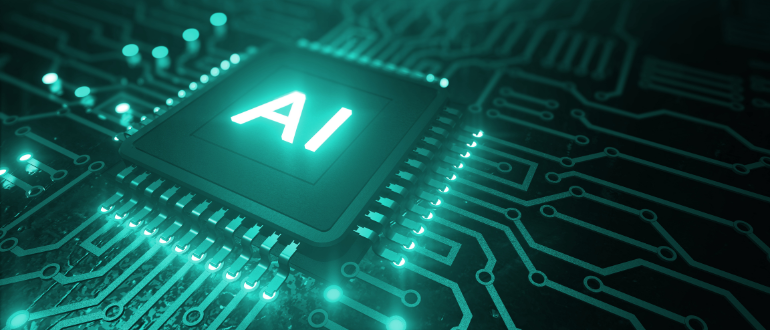
There’s no argument artificial intelligence (AI) is impacting Americans’ lives. But there is a growing debate over where it is most impactful — at work or at home.
Therein is the line of demarcation in two conflicting studies by Anthropic (it says work) and OpenAI (personal use) on Monday.
Anthropic’s research concluded that companies are overwhelmingly using its Claude chatbot to automate work rather than collaborate, fueling concerns that AI may displace employees rather than assist them. Company CEO Dario Amodei has previously warned AI could eliminate as many as half of all entry-level jobs, even as the technology expands the scope of tasks that can be automated.
AI is spreading through workplaces at a pace unmatched by earlier technologies. In the U.S., 40% of employees now report using AI on the job, double the 20% who said the same in 2023, according to Anthropic.
A surge in AI use in the workplace apparently dovetails with the growing popularity of shadow AI by industrious employees to gain an edge in productivity and efficiency, say many industry experts.
Conversely, OpenAI released a study that found most requests aren’t work-related but of a personal nature.
More than three-quarters of companies are using Claude for automation, often delegating entire tasks to the chatbot, based on an analysis of traffic from Anthropic’s application programming interface, which businesses and developers use to integrate Claude into their operations. About 77% of use involved automation patterns, according to the company’s findings.
OpenAI’s research, which used different datasets and methods, shows consumer versions of ChatGPT are used largely for personal and exploratory purposes.
According to OpenAI, more than 70% of ChatGPT conversations are now unrelated to work, up from 53% in June 2024, while work-related queries have dropped to 27% of usage from 47% a year earlier.
The study indicates ChatGPT is evolving into a general consumer product rather than an enterprise tool. Researchers found the three most common conversation types were practical guidance, writing, and information-seeking, which together accounted for nearly 78% of all messages.
OpenAI’s study found that when ChatGPT is used for work, employees gain the most value by treating it as an adviser or research assistant rather than delegating tasks outright.
Researchers said the chatbot primarily boosts productivity through decision support, with usage highest among professionals in well-paid technical and business roles.
Writing was the most common work-related use case, making up 42% of job-focused messages and more than half of all messages from users in management and business occupations. Nearly two-thirds of these writing requests involved editing or refining existing text rather than drafting original material.

